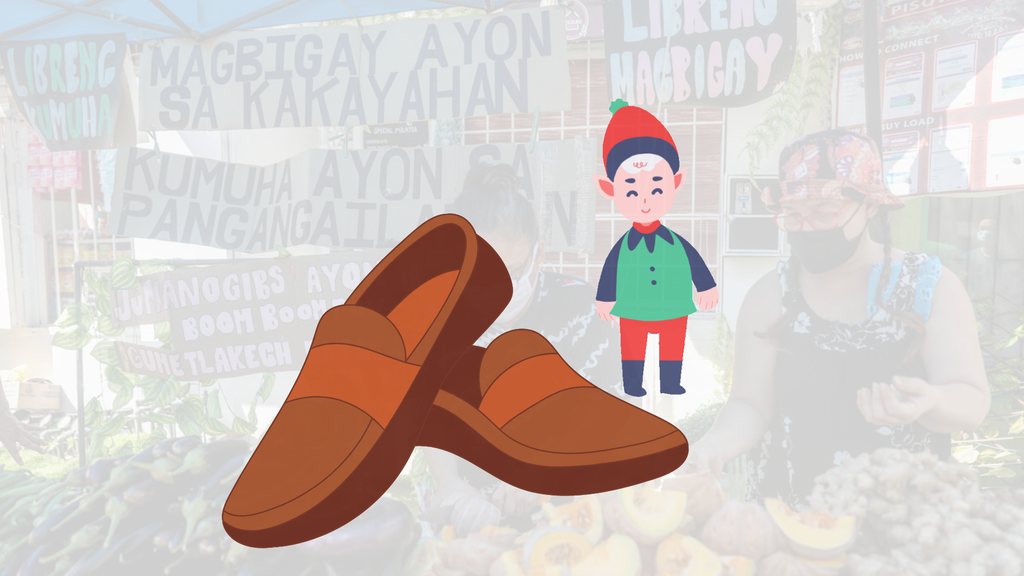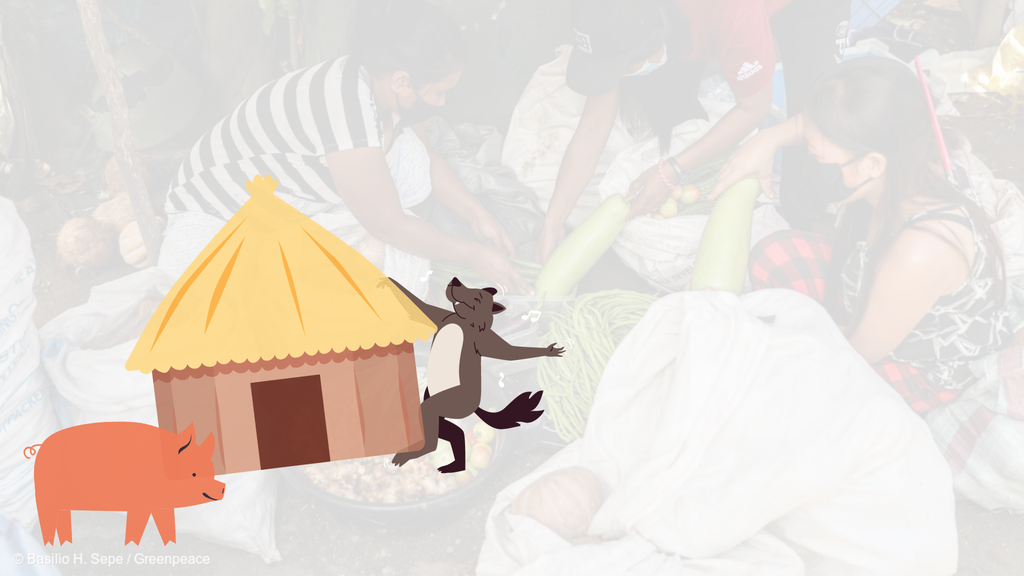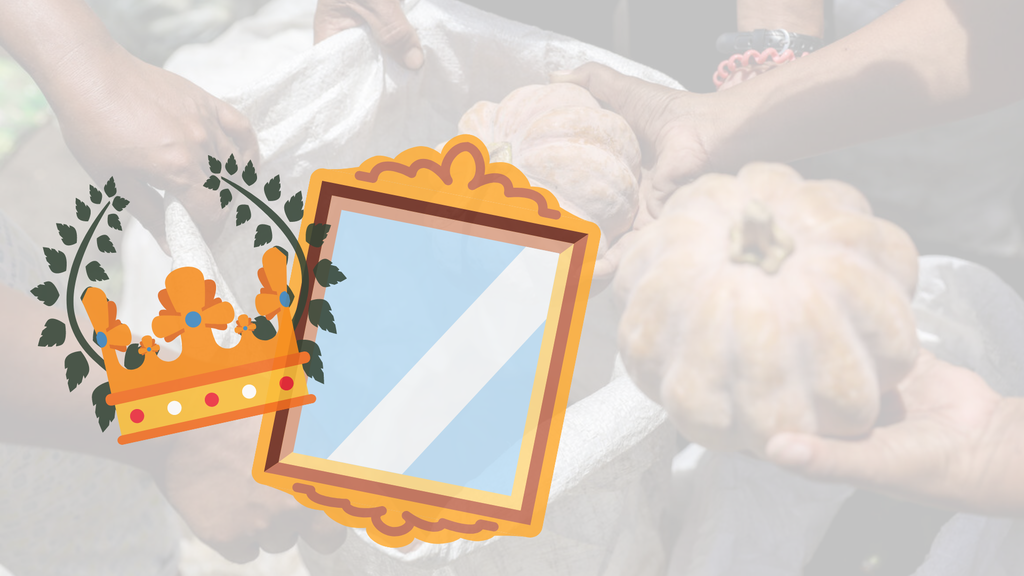Once upon a time, in a kingdom far far away, there lived a princess whose only desire in life is to find a charming man who will sweep her off her feet—and eventually take over her kingdom, thus paving the way for patriarchy to prevail again—but oh well.
Once upon a time is the typical introduction that we hear in bedtime stories. Yet despite the fact that most of these fairytales exist in the magical realm, in today’s society, bits and pieces from the fairytales are very much evident and real. Some of the current societal issues are reflected in the original story of Sleeping Beauty, as many women suffer from harassment and rape, in the countless abandoned Hansels and Gretels out in the streets, and in the horrors incited by big bad wolves to little girls in red hoods—all very real. There are villains and monstrous creatures not lurking in the shadows but even rampaging the streets in plain sight.
Presently, aside from resulting in millions of deaths across the world, COVID-19 poses economic and social disruptions, as it renders the world almost immobilized. The pandemic reveals not only the terrible healthcare systems, but also the feeble government frameworks and fragile institutions of many countries.
The Elves and the Shoemaker

A poor shoemaker and his wife receive magical help from elves every evening when they go to bed. But do the elves need help too?
With global economies plunging into recessions, a chain of economic impacts was greatly felt. It started with companies and businesses, as many were forced to shut down and file bankruptcy. This then led to people losing sources of income, as total dismissal of employees and workforce layoffs ensued. In the Philippines, although the government provides intermittent ayuda and gives P1,000 each to 22.9 million poor Filipino individuals (with a maximum of P4,000 per family in 2020), it will only last for so long, and that is assuming everyone receives the mentioned financial aid. With the Philippines climbing the charts on imposing the world’s longest lockdown, it doesn’t take a genius to figure out that many Filipinos are starving to death.
“Take what you need. Give what you can.” These are the very words Ana Patricia Non wrote in a small card as she set up a bamboo cart along Maginhawa Street and stocked it with goods, face masks, soap, and other essentials with the intention of extending help to those who need it. This ignited a spark of inspiration for fellow Filipinos to also help their respective communities and organize their own community pantries. It is inspiring how in just a few days, the number of community pantries set up across the country reached over 350, feeding and helping many Filipinos, especially low-income families—so they may live and fight another day.
Just like the story, our elves leading the community pantry movement offered their help to the shoemakers—the common people of our country. Now, the right thing for the government to do is provide the elves the opportunity to further this great cause, and coordinate with them in strengthening our local economies and livelihoods. However, the brave heroes of our society have a lot more challenges to face before they can successfully save this town.
The Three Little Pigs and The Big Bad Wolf

Once upon a time, there were three little pigs. Together they built a brick home meant to withstand the test of time. But one day, a big bad wolf came barging into their yards, demanding their food, and worse…. their lives.
As the idea of community pantry spread like a virus, the government accused the whole movement as a new means of spreading communist propaganda It is abhorrent that the government’s initial response to the movement, which, by the way, is a result of their unresponsiveness and irresponsibility in the first place, was to put a stop to it. The idea behind community pantries is a representation of the Better Normal Youth Agenda of Greenpeace Philippines, a call to action where no Filipino will be vulnerable to pandemics, disasters, and climate impacts.
We have seen how the community pantries are attestations themselves that the solutions we are asking for to achieve a #BetterNormal for everyone is possible and within our means. This should be a wake-up call for the government to step up and support people-centered governance that increases people’s participation in societal discourse, as well as community-centered and -directed initiatives. As more volunteers and sponsors bring goods and products to these pantries, it is only proper to emphasize the holes in our food systems. The impacts of this are greatly evident as the poorest and most vulnerable communities, in terms of accessibility to healthy and sustainable food, proper nutrition, and decent farm-market roads, suffered worse during the pandemic.
The Big Bad Wolf is not just COVID19, or any unforeseen calamity for that matter. It can be the privileged people or those who are just way too comfortable with the status quo that they don’t bother dipping their toes in the mud to see the injustices many of their fellow countrymen experience. It can be a government that is deaf to the cries and pleas of its citizens. It can be your neighbor who does not recycle and insists on plastic supremacy. It can be you who, after reading this article, does nothing. The Big Bad Wolf represents everything and everyone which prevents hardworking characters from progressing and improving the little corners of their brick homes.
I have told you several of the classic bedtime stories we enjoyed while growing up, but this is the last story that I wish to re-tell.
The Emperor’s New Clothes

There once was a pompous, self-absorbed, foolish emperor who wanted to have the best clothes in town. Two swindlers see an opportunity and present him with the promise of wearing the most magnificent clothes imaginable, only here’s the catch: it is invisible to anyone unfit for office or anyone who’s simply stupid. Who’s gonna tell the emperor he is actually naked?
Ordinary citizens, especially the youth from different sectors and organizations, are working together on solutions in their communities, proving that with solidarity and participation from Filipino citizens, we can create better cities and communities even in this time of strife. Through their creativity and resourcefulness, the youth are making the inclusive #BetterNormal a reality, one community initiative at a time.
The parade went on, the Emperor “wearing” magnificent clothes for everyone in the kingdom to see. Everybody cheered how fine the Emperor’s new clothes were, nobody confessed that he could not see his clothes. Nobody would admit that they were a fool or unfit for his position. Until a little child said, “But he hasn’t got anything on,”
We can never fully grasp the reality of something, let alone portray or interpret it. A fact can even be contested if another discovery is made afterwards. It is safe to say that with everything that is happening in our world today, we are still none the wiser on which is the best idea, solution, or action to pursue or neglect. But if there is something that the story of the Emperor’s New Clothes has taught me, it is that everyone will just simply shrug off issues and problems in the society, but not the youth. Everyone will remain silent but not us— not the future of this country.
And no, this is not the end.
Kathleen Vivas is a 20-year old youth advocate and a Better Normal Youth Advocacy Champion based in Batangas, Philippines. Aside from campaigning for environmental issues and a sustainable planet, Kathleen lobbies for gender equality, women empowerment, nutrition, and quality education for all.
As part of the first batch of Advocacy Champions of Girl Powered Nutrition initiative and programme in the Philippines, Kathleen hopes to contribute to help bring forth change for better education on the nutrition of young women nationally. Currently, she is one of the Global Advocacy Champions of the World Association of Girl Guides and Girl Scouts and attended the Multi-Stakeholder Hearing as part of the Beijing+25 Consultation, Commission on the Status of Women (CSW65) and the Generation Equality Forum.
